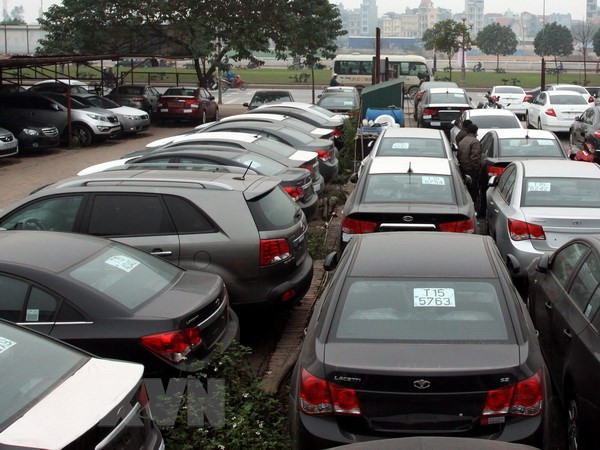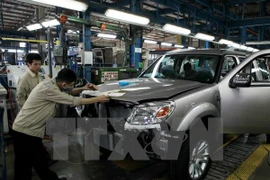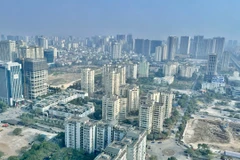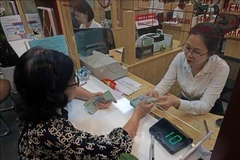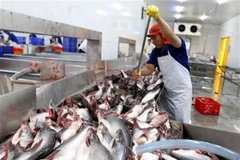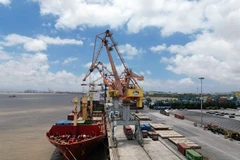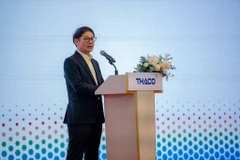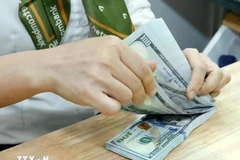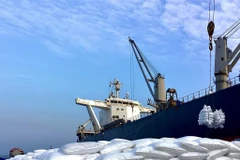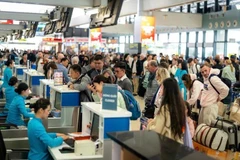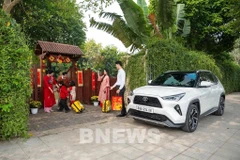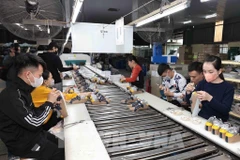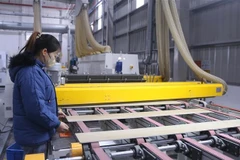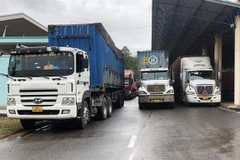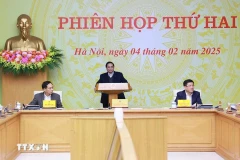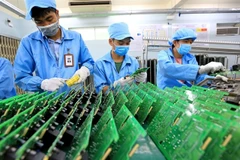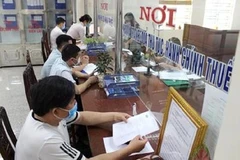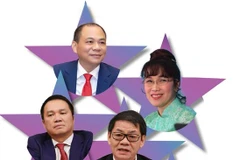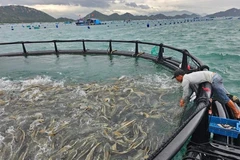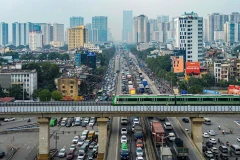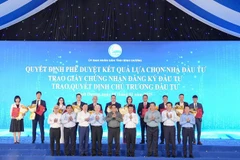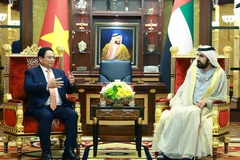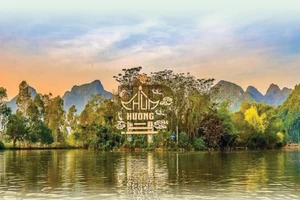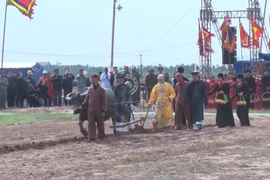Circular 03/2018/TT-BGTVT is a legal document under theGovernment’s Decree 116, which came into effect on January 1, 2018. It aims toclarify regulations of the decree, helping importers implement procedures whenthey import autos to the Vietnamese market.
The circular states that auto importers must obtain a VehicleType Approval (VTA) certification issued by authorities in the exportingcountry. VTA certifications are to show the vehicles’ standards on quality,technical safety and environment protection. If this cannot be obtained, aseparate certificate of quality, technical safety and environment protection ofthe auto or engine must be provided.
In addition to this, while examining the quality of technicalsafety and environmental protection, auto importers will have to submit anumber of dossiers, such as registration certificate of the imported cars forinspection of technical safety and security and protection of the environment;certified copies of the type of tires, rearview mirrors, front lights andglasses issued by competent agencies or organisations; original certificate ofauto quality inspection issued by foreign automakers or automobile-assemblingenterprises for each type of car.
As for the examination and testing of imported autos, thecircular said each used imported auto must be examined for quality, technicalsafety and environment protection.
In terms of new cars, the certified bodies will check eachbatch of imported autos. The model representing each type must be tested onemission standards as well as quality and technical safety.
Accordingly, the vehicles are required to meet Euro 4 emission standards (from2018 to 2021) and Euro 5 standards (from 2022 onwards).
The inspection agency will randomly select one model. If thevehicle is qualified, the inspection agency will issue a certificate of qualityfor the batch.
The vehicles will be recalled following announcement byautomakers and in accordance with the requirement of inspection bodies.
Within five working days from the date of receipt of therecall notice from the automaker or inspection agency, the importers mustnotify in writing to its agents that they are not allowed to sell the productsthat are not yet fixed.
In addition to this, within a period of no more than 10working days from the date of receipt of the recall notice, the importers mustsend a written report to the inspection body on the causes of technical errors,fixing measures, number of cars to be recalled and an appropriate recall plan.
The recall campaign will be posted on the websites ofbusinesses and agents on time.
Decree 116 is a supportive measure for domestic companies asit sets up a number of technical barriers to limit the import of cars at a timewhen the import tax of automobiles from within the ASEAN bloc is zero percent,which became effective from January 1 this year.
Under the decree, the only problem seems to be the obtainingof VTA certification by authorities in the exporting country.
Auto importers are also concerned about the testing of onemodel representing an entire batch, which will prove to be costly and timeconsuming. In the past, only the first shipment of each model would be tested.
A statement of the Japanese Chamber of Commerce and Industryin Vietnam says one emission test could take two months and cost up to 10,000USD.
The Vietnamese market of imported autos will be favourable tothose businesses who can adapt to this technical barrier.- VNA
